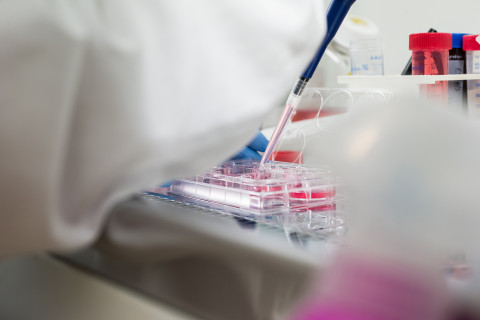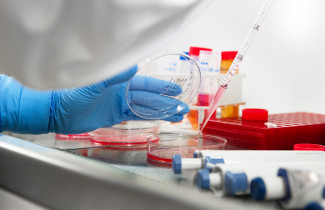In a two-year project, the University of Eastern Finland and the University of Helsinki are developing stem cell techniques for the prevention of brain diseases. The project received nearly €700,000 from the European Regional Development Fund.
Curing degenerative brain diseases is difficult, since brain diseases develop unnoticed for as long as decades before the occurrence of symptoms that lead to a diagnosis. By the time symptoms appear, the brain disease has usually progressed so far that the changes in the brain seem to become irreversible and unresponsive to treatment.
If it were possible to predict brain diseases already in childhood or even early adulhood, effective prevention could be possible. In a joint project called Go for Growth with Novel Stem Cell Platform, the University of Eastern Finland and the University of Helsinki are developing a competence base founded on stem cell techniques for the prediction, prevention and ultra-early diagnostics of brain diseases. In addition, the researchers are utilising stem cell techniques in drug development to replace partially in product development current inadequate animal models with a platform based on human cells.
Through a solid competence base, the project aims to engender new business opportunities and business collaboration in the biotechnology sector in the Kuopio and Helsinki regions, particularly to meet health tech needs.
First steps on the path toward 3D printing of brain tissue
Techniques which enable the production of several brain cell types from skin-derived stem cells have been designed in the project, which was launched last year. In addition, initial steps towards the 3D bioprinting of brain tissue have been taken.
“In the final stretch of the project, we will carry out more tests on the 3D printing of human brain tissue, utilising stem cells as raw material. Another goal is to finalise a number of techniques which enable the study of human brain cells derived from human stem cells as part of a living mouse brain,” says Professor Jari Koistinaho, who heads the project at the University of Eastern Finland as well as the University of Helsinki, together with Postdoctoral Researcher Taisia Rolova.
In addition to the universities, four Finnish biotechnology companies are taking part in the project, which was awarded nearly €700,000 by the European Regional Development Fund (ERDF). The project will run until the end of 2021.
For further information, please contact:
Jari Koistinaho
professor, A.I. Virtanen Institute for Molecular Sciences, University of Eastern Finland
director, Neuroscience Centre, HiLIFE, University of Helsinki
jari.koistinaho (a) helsinki.fi
https://uefconnect.uef.fi/en/person/jari.koistinaho/
https://www2.helsinki.fi/en/people/people-finder/jari-eerik-koistinaho-9042040
Taisia Rolova
postdoctoral researcher, Neuroscience Centre, HiLIFE, University of Helsinki
taisia.rolova (a) helsinki.fi
https://www2.helsinki.fi/en/people/people-finder/taisia-rolova-9369225


